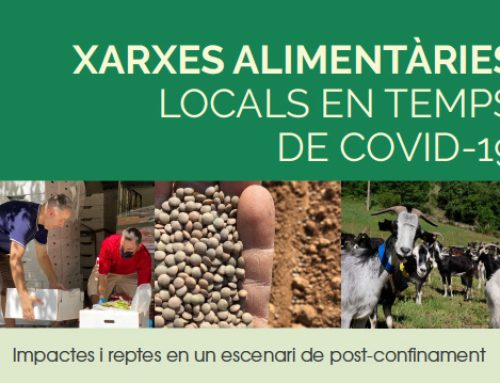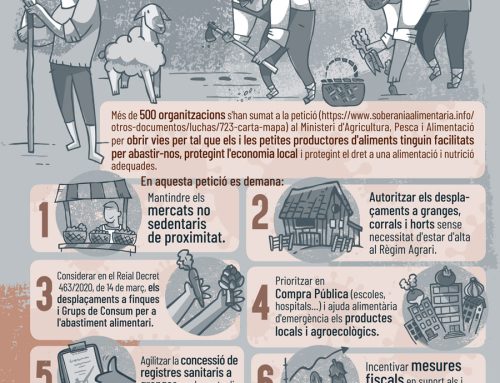Input-intensive crop monocultures and industrial-scale feedlots must be consigned to the past in order to put global food systems onto sustainable footing, according to the world’s foremost experts on food security, agro-ecosystems and nutrition.
The solution is to diversify agriculture and reorient it around ecological practices, whether the starting point is highly-industrialized agriculture or subsistence farming in the world’s poorest countries.
These were the key messages from IPES-Food’s first major report, released today (2nd June): ‘From Uniformity to Diversity: A paradigm shift from industrial agriculture to diversified agroecological systems’.
Olivier De Schutter, co-chair of IPES-Food, stated: “Many of the problems in food systems are linked specifically to the uniformity at the heart of industrial agriculture, and its reliance on chemical fertilizers and pesticides.”
He added: “It is not a lack of evidence holding back the agroecological alternative. It is the mismatch between its huge potential to improve outcomes across food systems, and its much smaller potential to generate profits for agribusiness firms.”
The report was presented today at the 8th Trondheim Biodiversity Conference (Norway) by lead author Emile Frison, former Director General of Bioversity International.
The report asks three key questions:
- What are the outcomes of industrial agriculture / diversified agroecological systems?
- What is keeping industrial agriculture in place?
- How can the balance be shifted?
Frison explained that some of the key obstacles to change are about who has the power to set the agenda. “The way we define food security and the way we measure success in food systems tend to reflect what industrial agriculture is designed to deliver – not what really matters in terms of building sustainable food systems,” Frison stated.
Read the full report
Read the executive summary





